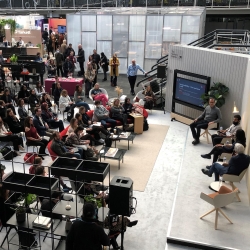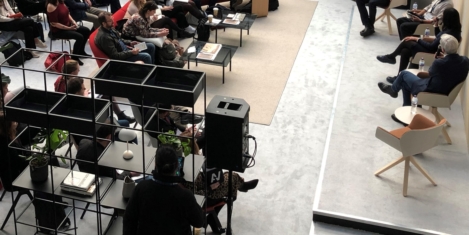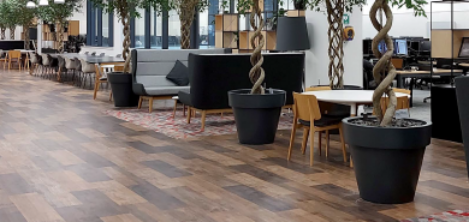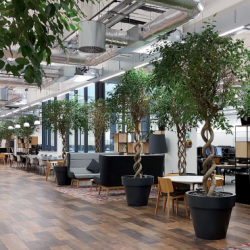February 15, 2023
Workspace Design Show returns (and so do we)
 A few of you may already know this story. It was some 15 months ago and three old friends met up for the first time in quite a while (well, we had been through lockdowns etc). Having caught up with each other’s news, the subject turned to industry journals, what the three friends felt the market was missing and the possibility of collaborating in the not too distant future. That conversation occurred at the inaugural Workspace Design Show – which the three amigos were all hugely impressed by. The result of that conversation (and a few more chats and meets, of course) is Works. So, here we are, all those months later, pulling together a preview of the 2023 edition of WDS, which – we’re delighted to say – we’re very much a part of. And we don’t just partner with any one, you know. (more…)
A few of you may already know this story. It was some 15 months ago and three old friends met up for the first time in quite a while (well, we had been through lockdowns etc). Having caught up with each other’s news, the subject turned to industry journals, what the three friends felt the market was missing and the possibility of collaborating in the not too distant future. That conversation occurred at the inaugural Workspace Design Show – which the three amigos were all hugely impressed by. The result of that conversation (and a few more chats and meets, of course) is Works. So, here we are, all those months later, pulling together a preview of the 2023 edition of WDS, which – we’re delighted to say – we’re very much a part of. And we don’t just partner with any one, you know. (more…)



































